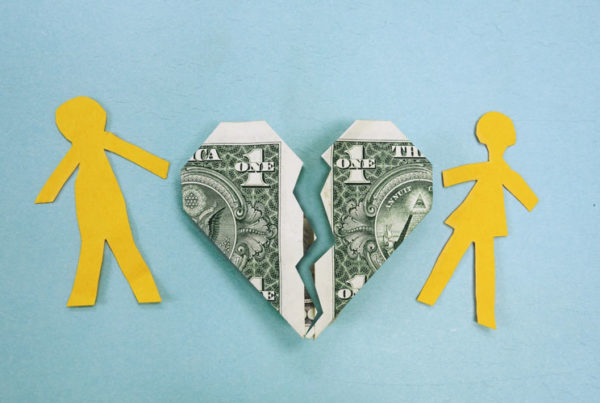
There might be some confusion surrounding domestic partnerships since they are no longer the only option for same-sex partners in Washington State. Here is what you need to know about these arrangements and why one might choose a domestic partnership under the right circumstances.
How Domestic Partnerships Are Different and Who Can Register
A domestic partnership is different than a marriage, but still an official partnership that is registered with Washington State. The difference between a marriage and domestic partnership relates to the protections you will receive under state and federal law.
With a domestic partnership, you and your partner will not receive any of the benefits that married couples get under federal law. The exception relates to how your federal income taxes are handled. Because you are subject to Washington’s community property laws, you’ll be required to “split” your total income on each of your individual tax returns.
While this might benefit you financially, it’s also complicated. The only way to avoid this is to have a legal agreement stating that you do not want your relationship to be subject to the state’s community property laws.
You and your partner can register as domestic partners in Washington if you meet certain criteria:
- At least one partner is age 62 or older;
- The other partner is at least 18 years old;
- You live together;
- Neither partner is already in domestic partnership or marriage;
- You are not closely related by blood; and
- You are both legally able to consent to the arrangement.
Changes After Legalization of Same-Sex Marriage
Domestic partnerships were originally treated as a type of marriage substitute for same-sex partners. However, the state changed its stance on marriage equality with Referendum 74, putting an end to this type of domestic partnership in 2014.
In fact, any same-sex couple that had a valid domestic partnership when the law changed had that arrangement automatically converted to a legal marriage as of June 30, 2014.
What Are the Benefits of a Domestic Partnership?
Since states can no longer refuse marriage to same-sex partners, what’s the point of a domestic partnership? It turns out that these arrangements still have a valid use. Some couples, where one or both partners are over the age of 62, want to enter into a legally committed partnership but are worried about compromising certain established benefits. Likewise, there are legal protections and other benefits to this type of arrangement.
If you’re thinking about a domestic partnership and you qualify, some of the benefits include:
- No risk of losing pension or Social Security benefits
- The right to visit your partner in the hospital and make health care decisions
- Right to use paid time off from work to care for an ill partner
- Right to community property
- The right to make funeral arrangements
- Right to be buried together if you wish
While domestic partnerships have their benefits, many don’t realize that they are treated much like a marriage if things don’t work out. If you decide to terminate a domestic partnership, there could still be financial implications that could impact your future.
It’s always a good idea to speak with an attorney before entering into a domestic partnership, particularly if you’ve already been married, have children, or have assets that you wish to protect. At Steller Legal Group, our experienced family law attorneys can answer your questions about how entering or ending a domestic partnership could affect you. Contact us now for an appointment.







MEET HOT LOCAL GIRLS TONIGHT WE GUARANTEE FREE SEX DATING IN YOUR CITY CLICK THE LINK:
FREE SEX
viagra